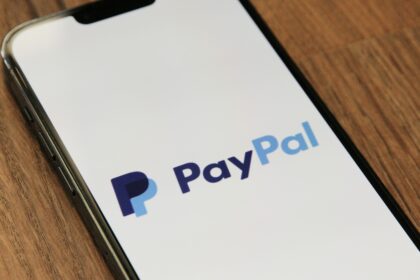Duolingo reported stronger-than-expected quarterly revenue this week, sending its stock surging nearly 30%, even as the company faces criticism over its AI-driven strategy.
Back in April, CEO Luis von Ahn declared that Duolingo would become an “AI-first” company, reducing reliance on human contract workers and urging teams to automate rather than hire. Since then, the company has used generative AI to launch 148 new language courses, more than double its previous offerings.
“Without AI, it would take us decades to scale our content to more learners,” von Ahn said in April. “We owe it to our learners to get them this content ASAP.”
Related: OpenAI Rolls Out Study Mode in ChatGPT: Built to Help You Learn Smarter
While some users have complained that the new AI features are lowering quality, Duolingo’s financial performance tells a different story. The company now expects to top $1 billion in annual revenue, with daily active users growing 40% year-over-year. Still, that figure landed at the low end of its own 40–45% growth forecast, something von Ahn addressed on the earnings call.
“The reason we came toward the lower end was because I said some stuff about AI, and I didn’t give enough context. Because of that, we got some backlash on social media,” he explained. “The most important thing is we wanted to make the sentiment on our social media positive.”
To that end, Duolingo dialed back “edgy” content and shifted to more upbeat messaging, a strategy von Ahn said is improving sentiment. But on TikTok, where Duolingo has a large following, top comments on recent videos still mock the company’s AI-heavy approach, joking that even real people are bots.
Despite the backlash, Duolingo’s financial momentum remains strong and for investors, that’s what matters most.






